In order to generate a more inclusive dataset of Pseudomonas genes mapped to putative in-paralogs and putative orthologs in other Pseudomonas species/strains, we developed a Pseudomonas Orthologous Groups classification system.
To generate ortholog groups, pair-wise DIAMOND searches were run on all genomes in the database to find reciprocal best hits (RBHs) for each gene. These analyses often resulted in multiple candidate genes for RBH status, which were narrowed down by examining the similarity between the query's flanking genes and the hit's flanking genes. If two candidate genes were directly adjacent, they where both accepted as RBHs that involve putative in-parology.
Pairwise intra-genome DIAMOND searches were also performed to acquire in-paralog information (i.e. gene duplications occurring after species divergence). If two genes in one genome were reciprocally more similar to each other than to any gene in the other genomes, the two genes were designated putative in-paralogs. Ortholog groups are built by starting with a seed gene and then adding all genes to which there is a RBH or in-paralog relationship.
Every new gene added to an ortholog group was then treated as a seed gene and the addition process was repeated until all qualifying genes had been added. The result was the development of orthologous groups, specifically generated for Pseudomonas species genomes, which can be used to sort search results.
Pseudomonas Ortholog Group POG008385
| Strain | Locus Tag | Description | Same-Strain Members | Fragment ? | |
|---|---|---|---|---|---|
| Pseudomonas aeruginosa AZPAE15065 | NT81_RS25820 |
cytochrome C oxidase cbb3-type subunit CcoQ
|
2 same-strain members: NT81_RS25800 NT81_RS25820 |
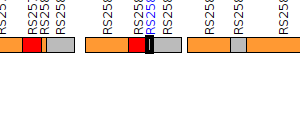
|
|
| Pseudomonas aeruginosa B136-33 | G655_17435 |
cytochrome c oxidase subunit
|
2 same-strain members: G655_17435 G655_17455 |
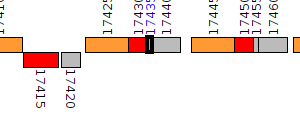
|
|
| Pseudomonas aeruginosa B136-33 | G655_17455 |
cytochrome c oxidase subunit
|
2 same-strain members: G655_17435 G655_17455 |
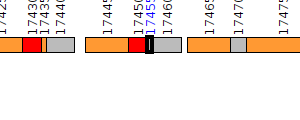
|
|
| Pseudomonas aeruginosa BL01 | Q055_03556 |
cytochrome oxidase
|
2 same-strain members: Q055_03556 Q055_03560 |
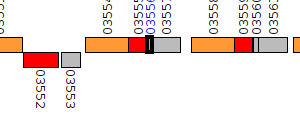
|
|
| Pseudomonas aeruginosa BL01 | Q055_03560 |
cytochrome oxidase
|
2 same-strain members: Q055_03556 Q055_03560 |
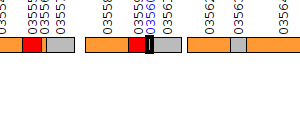
|
|
| Pseudomonas aeruginosa BL02 | Q056_00832 |
cytochrome oxidase
|
2 same-strain members: Q056_00832 Q056_00836 |
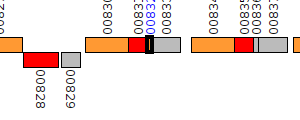
|
|
| Pseudomonas aeruginosa BL02 | Q056_00836 |
cytochrome oxidase
|
2 same-strain members: Q056_00832 Q056_00836 |
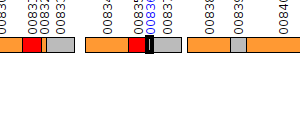
|
|
| Pseudomonas aeruginosa BL03 | Q057_05004 |
cytochrome oxidase
|
2 same-strain members: Q057_05000 Q057_05004 |
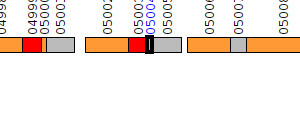
|
|
| Pseudomonas aeruginosa BL03 | Q057_05000 |
cytochrome oxidase
|
2 same-strain members: Q057_05000 Q057_05004 |
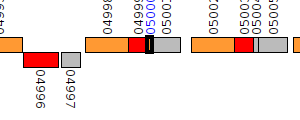
|
|
| Pseudomonas aeruginosa BL04 | Q058_02818 |
cytochrome oxidase
|
2 same-strain members: Q058_02818 Q058_02823 |
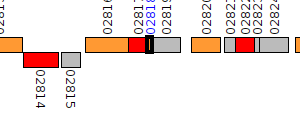
|
|
| Pseudomonas aeruginosa BL04 | Q058_02823 |
cytochrome oxidase
|
2 same-strain members: Q058_02818 Q058_02823 |
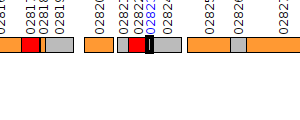
|
|
| Pseudomonas aeruginosa BL05 | Q059_02913 |
cytochrome oxidase
|
2 same-strain members: Q059_02913 Q059_02917 |
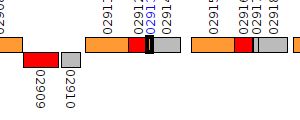
|
|
| Pseudomonas aeruginosa BL05 | Q059_02917 |
cytochrome oxidase
|
2 same-strain members: Q059_02913 Q059_02917 |
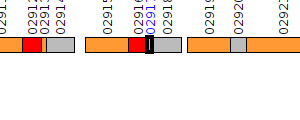
|
|
| Pseudomonas aeruginosa BL06 | Q060_03749 |
cytochrome oxidase
|
2 same-strain members: Q060_03749 Q060_03753 |
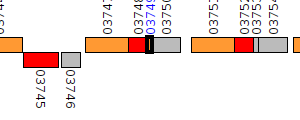
|
|
| Pseudomonas aeruginosa BL06 | Q060_03753 |
cytochrome oxidase
|
2 same-strain members: Q060_03749 Q060_03753 |
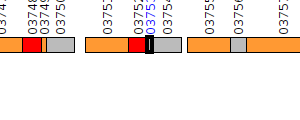
|
|
| Pseudomonas aeruginosa BL07 | Q061_00613 |
cytochrome oxidase
|
2 same-strain members: Q061_00613 Q061_00617 |
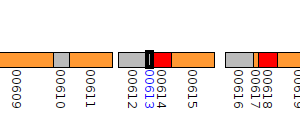
|
|
| Pseudomonas aeruginosa BL07 | Q061_00617 |
cytochrome oxidase
|
2 same-strain members: Q061_00613 Q061_00617 |
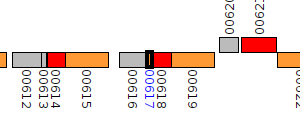
|
|
| Pseudomonas aeruginosa BL08 | Q062_02402 |
cytochrome oxidase
|
2 same-strain members: Q062_02402 Q062_02406 |
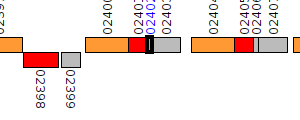
|
|
| Pseudomonas aeruginosa BL08 | Q062_02406 |
cytochrome oxidase
|
2 same-strain members: Q062_02402 Q062_02406 |
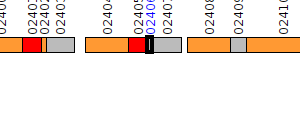
|
|
| Pseudomonas aeruginosa BL09 | Q063_04072 |
cytochrome oxidase
|
2 same-strain members: Q063_04072 Q063_04076 |
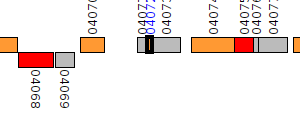
|